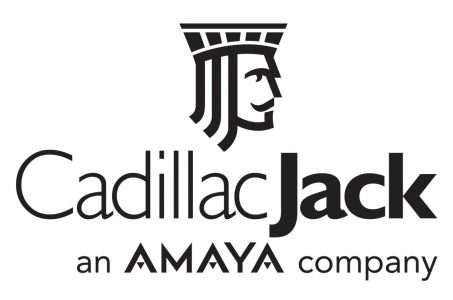BC Lottery Corp Investigator Berated by Boss for Investigating Money Laundering Hotbed, Inquiry Hears
Posted on: October 27, 2020, 06:07h.
Last updated on: October 27, 2020, 06:44h.
A former investigator for the British Columbia Lottery Corp (BCLC) was warned off questioning high rollers at the River Rock Casino in Richmond, Metro Vancouver, by his superiors in 2012.

Steven Beeksma told the Commission of Inquiry into Money Laundering in BC Monday that his boss had told him to “cut that sh*t out” five years before River Rock was revealed to have been a hotbed of money laundering.
The inquiry aims to establish how the province’s casinos were turned into a “laundromat for organized crime” in the words of a report into the issue commissioned in 2017 by BC AG David Eby.
On assuming office that year, Eby discovered that prior reports highlighting BC’s casino money laundering problem had been ignored or even suppressed by the previous provincial government.
Stacks of Twenties
According to Beeksma, huge amounts of cash began flowing into the province’s casino around 2010. While a VIP buy-in circa 2005 might have been CA$20,000 (US$15,000), now it was CA$800,000 (US$606,000) or more, Beeksma said. It was common to see patrons carrying cash stuffed in bags, usually organized into $10,000 stacks of $20 bills, he added.
Players could then gamble for a short time before cashing out their chips in $100 bills, a process known as “refining.” The higher denomination bills would receive less scrutiny when deposited in a bank.
Beeksma said he considered the existence of the $20 bills highly suspicious, since it was very unlikely they would be issued by a bank.
We had concerns about the cash’s origins for sure,” he said. “The concern would be proceeds of crime. But with limited information available to us, it was more of an assumption at that time.”
Warped Economy
But Beeksma also noted that casinos were not required to inquire about the source of a customer’s funds until new regulations were implemented in 2015.
Up until then, River Rock had fulfilled its regulatory obligations – to report large or suspicious cash transactions. It was up to gaming regulators, law enforcement, and Canada’s financial intelligence agency, FINTRAC, to follow them up.
Regulators believe about CA$1.7 billion (US$1.3 billion) flowed through high-roller accounts linked to the province’s casinos, much of it directed by Chinese-run underground banks with links to the drugs trade.
Even more — an estimated CA$5 billion (US$3.8 billion) per year — was being washed through Vancouver’s property market. So rife was the problem that the BC government recently said it had warped the province’s economy.
Suspect Gunned Down
In November 2018, the prosecution of two people suspected of orchestrating much of the money laundering at River Rock and elsewhere collapsed.
Defendants Jian Jun Zhu and his wife Caixuan Qin ran a company in Richmond called Silver International. Investigators claim it was a front for an underground bank that washed about CA$250 million (US$189 million) a year.
The case was stayed after the name of a secret police informant was inadvertently revealed by prosecutors during a standard evidence disclosure. It was determined that continuing with the case would place the informant at a “high risk of death.”
Last month, Jian was shot dead by an unknown assailant while dining at a restaurant in Richmond.
Related News Articles
Amaya Concludes Sale Of Cadillac Jack
Caesars, Wynn Resorts Among Barron’s Picks for 2021 Travel Rebound
Rush Street Interactive Lands Price Target Hike on First Day of Trading
Domestic Gaming Equities Preferable to Macau Fare, Says Research Firm
Most Popular
Mirage Las Vegas Demolition to Start Next Week, Atrium a Goner
Where All the Mirage Relics Will Go
Most Commented
-
Bally’s Facing Five Months of Daily Demolition for Chicago Casino
— June 18, 2024 — 12 Comments
















No comments yet